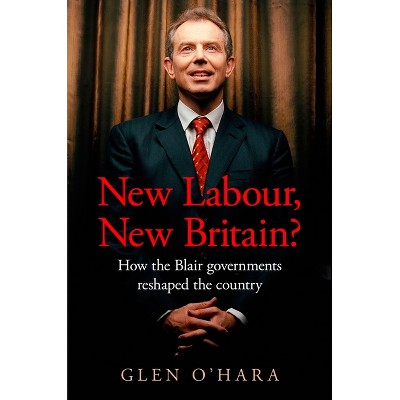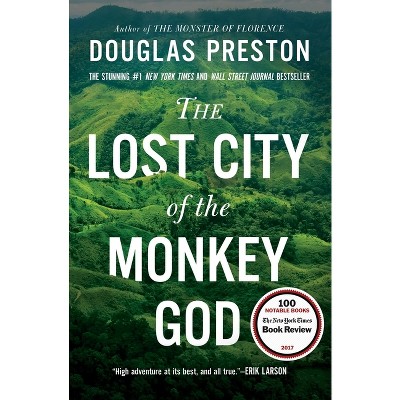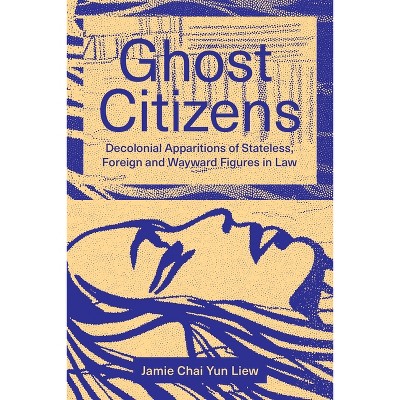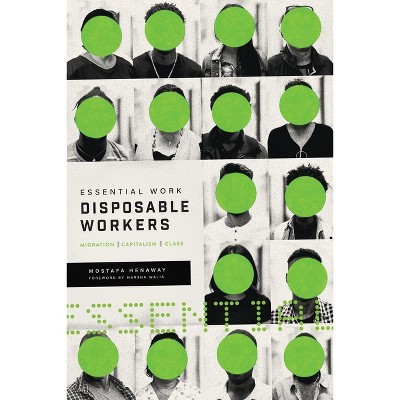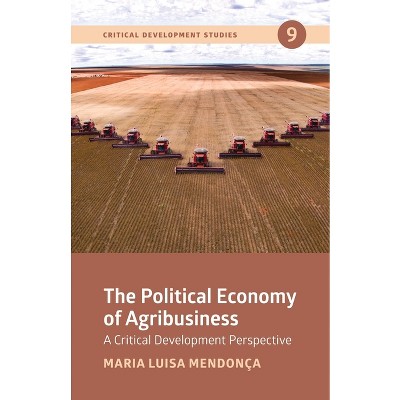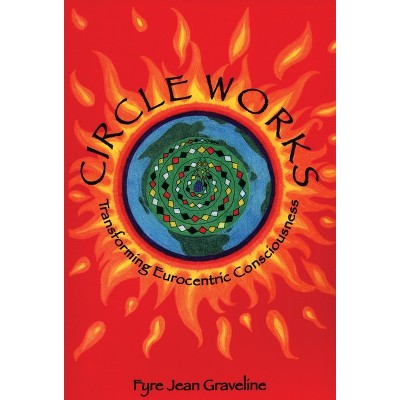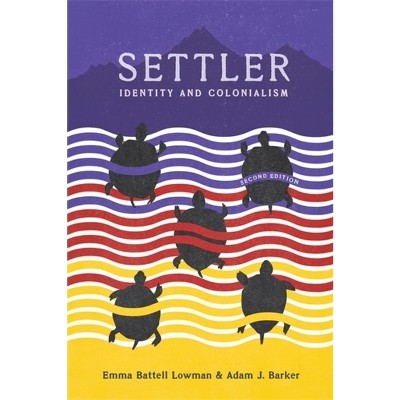Sponsored

Finding Their Way Again - by Matthew Fast (Paperback)
In Stock
Sponsored
About this item
Highlights
- Ongoing and protracted conflicts around the world have led to annual increases in the number of people living as refugees, a situation only worsened by anti-immigration policies across the West.
- About the Author: Matthew Fast works on behalf of refugee youth in Winnipeg as the mentorship/outreach program manager at the Newcomers Employment and Educational Development Services.
- 112 Pages
- Social Science, Emigration & Immigration
Description
About the Book
"Ongoing protracted conflicts in various regions of the world have led to annual increases in the number of people living in refugee situations. Increasingly, Winnipeg, Manitoba, Canada is becoming home to many of these refugees. Refugees, and in particular refugee young people, are vulnerable as they face challenges integrating into their new environment (Kanu, 2008; Rossiter & Rossiter, 2009; Sersli, Salazar, & Lozano, 2010). As well, refugee young people are exposed to various forms and degrees of violence, that can have negative consequences for their personal development (Kaplan, 2009; Rossiter & Rossiter, 2009; Sersli et al., 2010). If positive support mechanisms are insufficient, and if their basic human needs cannot be satisfied, refugee young people become at-risk of involvement in antisocial behaviour and criminal activity (Chekki, 2006; Kanu, 2008; Rossiter & Rossiter, 2009; Sersli et al., 2010). Young people's experience as refugees living in a new milieu informs their perceptions, attitudes, and behaviour. Using a qualitative research method, this book explores the perceptions, challenges and experiences of young adult war-affected refugees who became gang involved after settling in Winnipeg, Manitoba, Canada."--Book Synopsis
Ongoing and protracted conflicts around the world have led to annual increases in the number of people living as refugees, a situation only worsened by anti-immigration policies across the West. Increasingly, Winnipeg, Manitoba, is home to many of these refugees. Refugees face multiple challenges integrating into their new environments, but these challenges can be particularly difficult for youth. When positive support mechanisms are insufficient and if basic human needs are not met, young refugees are at risk for involvement in criminal and gang activity.
Using qualitative research methodology, Matthew Fast explored the perceptions, challenges and experiences of war-affected refugee youth who became gang involved after settling in Winnipeg. Fast argues that in order to assist young refugees in their successful transition into a foreign culture and society, it is essential to understand how their perceptions and experiences inform their identity and behaviour. Such an understanding must inform policy and future approaches by government and community-based organizations to assist refugees in their transition.
About the Author
Matthew Fast works on behalf of refugee youth in Winnipeg as the mentorship/outreach program manager at the Newcomers Employment and Educational Development Services. Matt has worked locally and internationally on behalf of war- affected youth and families since 2004.Shipping details
Return details
Frequently bought together

Trending Non-Fiction



